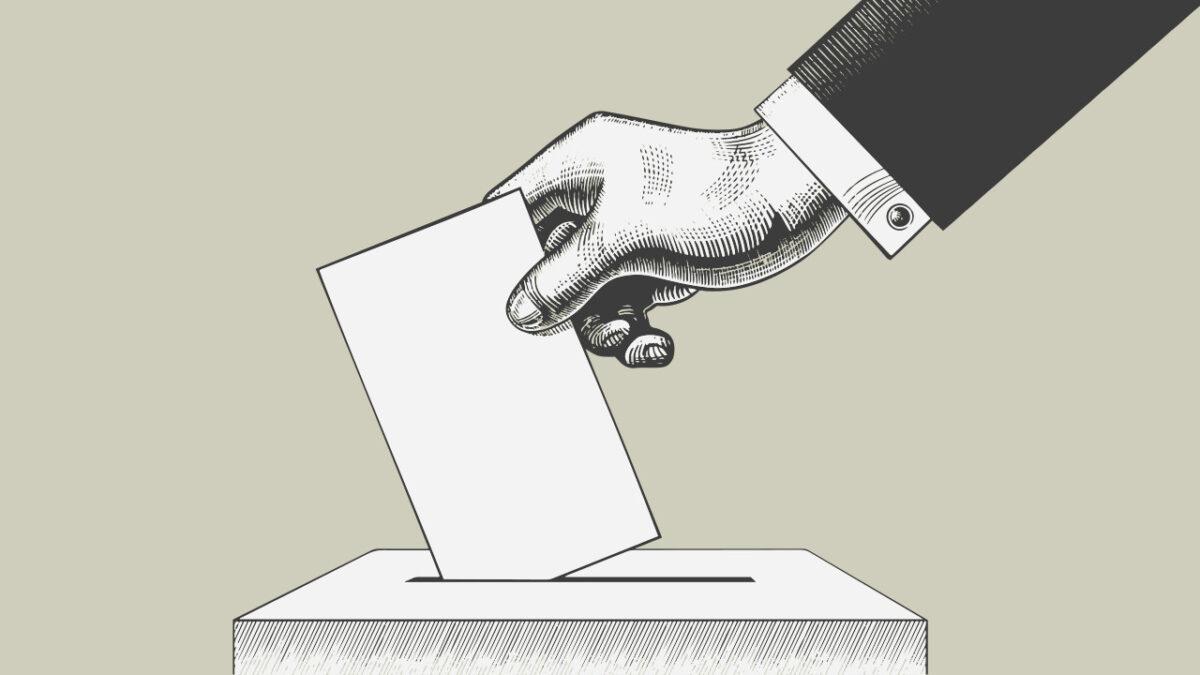During the last legislative session, the Secretary of State Phil McGrane pushed legislation to move the Presidential Primary from March to May. Unfortunately, the bill was poorly drafted and what it really did was to ELIMINATE Idaho’s Presidential Primary entirely. Despite this flaw, the Governor signed the bill which disenfranchised every Idaho citizen from expressing their preference for the nominee for the general election in November.
Primaries aren’t like regular elections where the winner takes office. A primary is a political party matter where the Republicans, Democrats, Constitution, and Libertarian parties select their candidates to compete in the general election. Because of this, if the state does not conduct the primary it falls to the party to make the selection.
In the Republican Party, the primary process is used to allocate delegates to the Republican National Convention (RNC). It is at the convention where the Republican nominee will be chosen, elected by the delegates.
At the recent meeting of the Idaho Republican Party (IDGOP) the State Central Committee voted for the party to hold a Presidential Preference Caucus if the legislature fails to repeal the law that deleted the Presidential Primary. Since it is unlikely that the legislature will call an emergency session before the October 1st deadline then the Republican Party will be holding a Caucus on March 2nd, 2024 to select delegates to the RNC.
We have been here before. In 2012 the IDGOP held a caucus that some of you may have participated. In 2012 we attempted to have a winner take all caucus where the winner would get all 32 delegates allocated to Idaho. This required multiple rounds of voting which went late into the evening. It was exhausting and many participants were unhappy, myself included. We aren’t going to do THAT again.
Instead, we will have a single round of voting and if no candidate gets a majority of the votes then the delegates will be allocated proportionately. This is called a “Firehouse Caucus” because they are frequently conducted in Firehouses.
In order to re-enfranchise as many voters as possible the caucus will be held simultaneously at multiple locations, hopefully 20 to 30 in Kootenai County. Like regular voting, each precinct will be assigned a caucus location. If you wish to participate in the caucus you must be a qualified elector (registered voter in the county and your precinct) and you must affiliate with the Republican Party no later than the end of this year. There will be no mail-in or absentee voting. You will be receiving a postcard in the mail with instructions.
What will the caucus be like? The rules are not finalized by likely, on Saturday, March 2nd, you will go to the caucus location assigned to your precinct. Once there you will present your photo ID and sign a Poll Book next to your name. You will be issued a token or wristband or hand stamp that will serve as your credential. At the scheduled time the voter check-in will close and a few minutes after that the candidate presentations will start. Each candidate will have up to 5 minutes to address the caucus. Presentations will be by a campaign designated person or via videoconference. Once all the presentations are done then voting will begin. Voters will trade their token or wristband for a ballot and then mark and cast their ballot into a sealed ballot box.
After casting their ballot the voter is free to go or stay and witness the tabulation. Once all the ballots are cast the ballot box will be opened in front of multiple witnesses and the ballots tabulated.
The tabulation process will separate the ballots by candidate and then each stack will be hand counted twice or more until the same results are obtained. The tabulation results will be entered onto a tabulation sheet and signed by the Tabulators and the Caucus Captain. The Caucus Captain will then report the results to the IDGOP main office and seal the ballots and tabulation sheet in an envelope or box and send them, via secure carrier to the IDGOP main office where they will be canvased over the next few days to verify the results.
This process will happen at many locations all over the state and they will be conducted simultaneously so that everyone will get the results simultaneously and after voting has finished.
Depending on the number of precincts served at a particular caucus location and the level of voter participation, the time commitment from the voter should be one to two hours.
Holding the caucus on March 2nd means that Idaho will be only the 5th state to express their preference before “Super Tuesday” so candidates should be very interested in visiting Idaho, listening to Idaho voters and addressing Idaho issues so they can score a victory going into Super Tuesday.
The Idaho Republican Party is committed to re-enfranchising as many Idaho Republican voters as possible. It’s just common sense.



3 replies on “What the 2024 Idaho Presidential Caucus might be like”
Who really thinks McGrane made a “mistake”?
What seems to be left out of the narrative is that the true conservative is not allowed to vote.
The Idaho Republicans made that crystal clear recently.
They have eliminated the Conservative from their platform by not allowing them to vote unless they are Republican according to their timetables and dictate.
The result will be that Idaho Republican Party will turn even more liberal than it is already.
It’s getting harder to tell an Idaho republican from an Idaho democrat.
Maybe IACI, Maybe Despot Bedke, both seem out to destroy Conservatives.
With Mike Lindell’s new voting platform that is being unveiled this week, it should be good to make the changes here and start voting out the uniparty/Rinos.